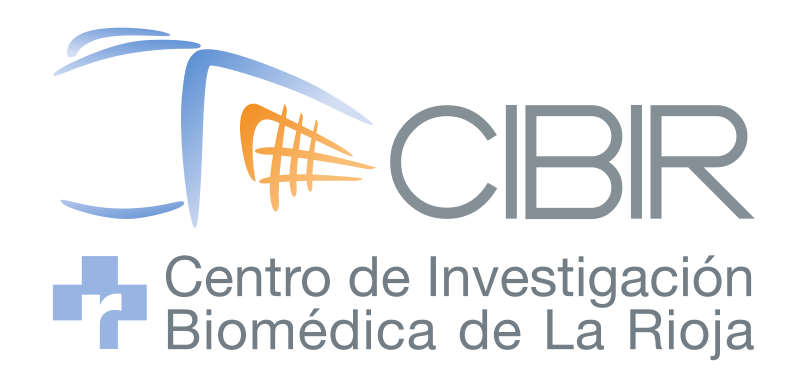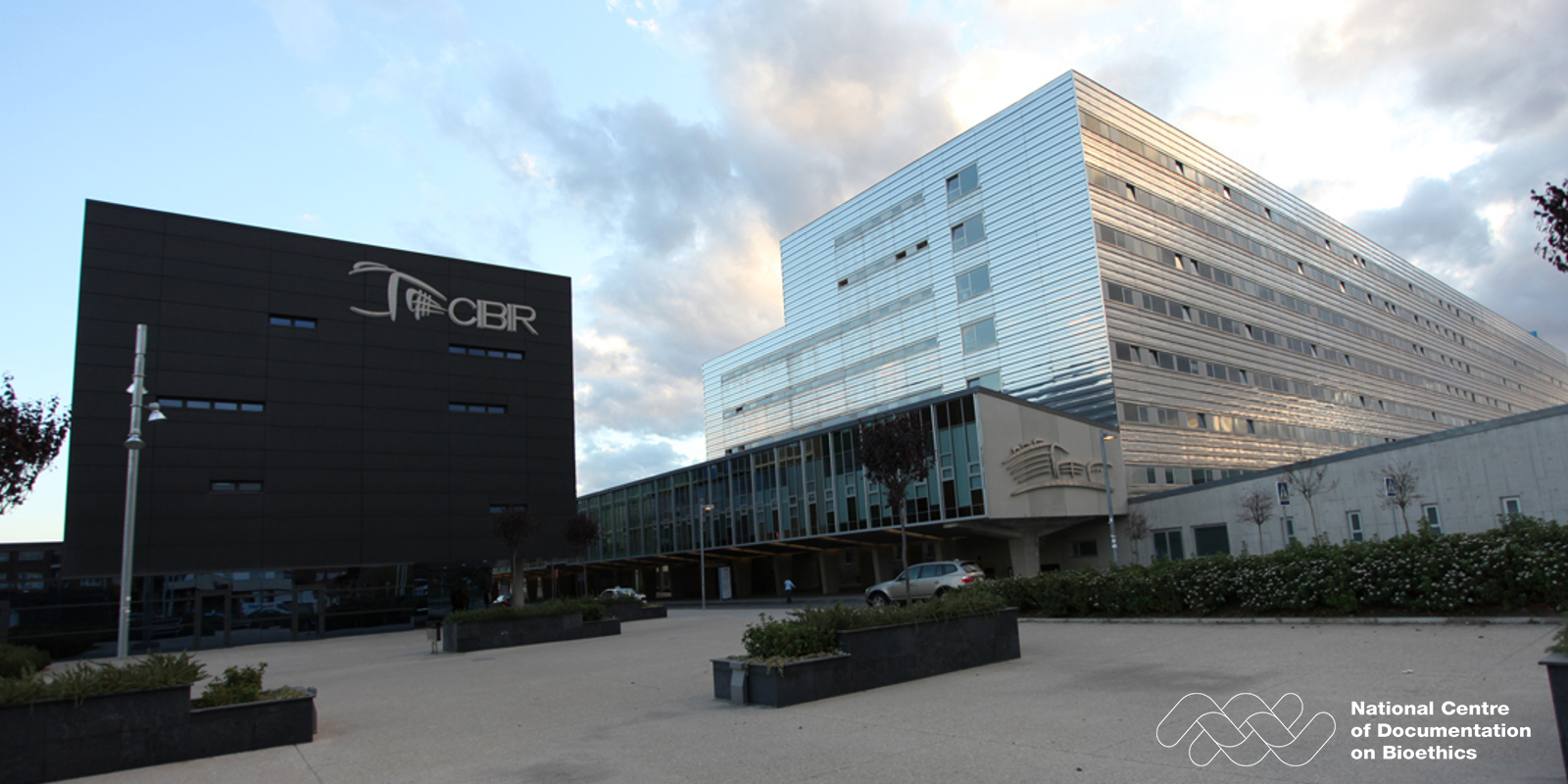UNESCO’s role in the creation of Regional Bioethics World-wide Centers
Since the 1970s, UNESCO's involvement in the field of bioethics has reflected the international dimensions of this global debate. Founded on the belief that there can be no peace without the intellectual and moral solidarity of humankind, the main efforts of UNESCO has been to involve all countries in an international and transcultural discussion in this interdisciplinary field. Reaching this goal is a great challenge, especially when extreme cultural differences are present, and it requires an important effort from all stakeholders.
Under those circumstances, when activities in a particular region have started, an important resource for future activities will be the availability of adequate source of information that makes better understanding of the regional needs and priorities.
In this sense, it is a priority that the documentation will be consistent and updated in order to make an adequate analysis of the situation that can be helpful in the decision that should be taken. In this way, efficiency can be maximized and the off-spin optimized. In 2004, the UNESCO Division on Bioethics opened the first Regional Documentation and Information Centre on Bioethics in Vilnius (Lithuania), with the purpose to be an important support in promoting and developing activities on bioethics and ethics of sciences and technology in the Euro-Asian region. Three years later, in 2007 a second Centre was created with similar purpose in Njoro (Kenya) in order to cover African territories’ needs. In 2010, a third Centre was opened in Cairo (Egypt) with the aim to provide support in the whole Arab region. Finally, in 2016 a fourth Regional UNESCO Centre was inaugurated in Logroño (Spain) with the commitment to provide a similar support in Spanish speaking territories.
National Centre of Documentation on Bioethics
The National Centre of Documentation on Bioethics is the result of an inter-institutional collaborative work between the Government of La Rioja and the UNESCO Division of Bioethics.
 The center, under the support of the Government of La Rioja and UNESCO, was created with the aim to contribute to UNESCO’s mandate as clearing house in the field of bioethics and ethics of science, technology and health especially by collecting information to be stored in the Global Ethics Observatory, collaborating with UNESCO to produce, translate and disseminate UNESCO’s publications in Spanish, managing knowledge on bioethics addressed to scholars, professionals and public in general, and organizing conferences, training and workshops.
The center, under the support of the Government of La Rioja and UNESCO, was created with the aim to contribute to UNESCO’s mandate as clearing house in the field of bioethics and ethics of science, technology and health especially by collecting information to be stored in the Global Ethics Observatory, collaborating with UNESCO to produce, translate and disseminate UNESCO’s publications in Spanish, managing knowledge on bioethics addressed to scholars, professionals and public in general, and organizing conferences, training and workshops.
In consequence, the new Center was born with the commitment of collaborate in the improvement of knowledge on bioethics from a cross-cultural perspective mainly, but not only, in Spanish language contexts.
The center expects to be an important source of knowledge in the social and human sciences providing research evidence to have a better understanding of global priorities and needs of our societies in crucial areas, such as education and health.
The Center, throughout the actions developed by the Platform of Bioethics and Medical Education, also provides opportunities to showcase and share the capacity, technical expertise, and knowledge in the area of bioethics and professionalism in health.
Staff
Luis Vivanco, Ph.D.
Blanca Bartolome Castilla, M.D.
Roberto Delgado-Bolton, M.D., Ph.D.




